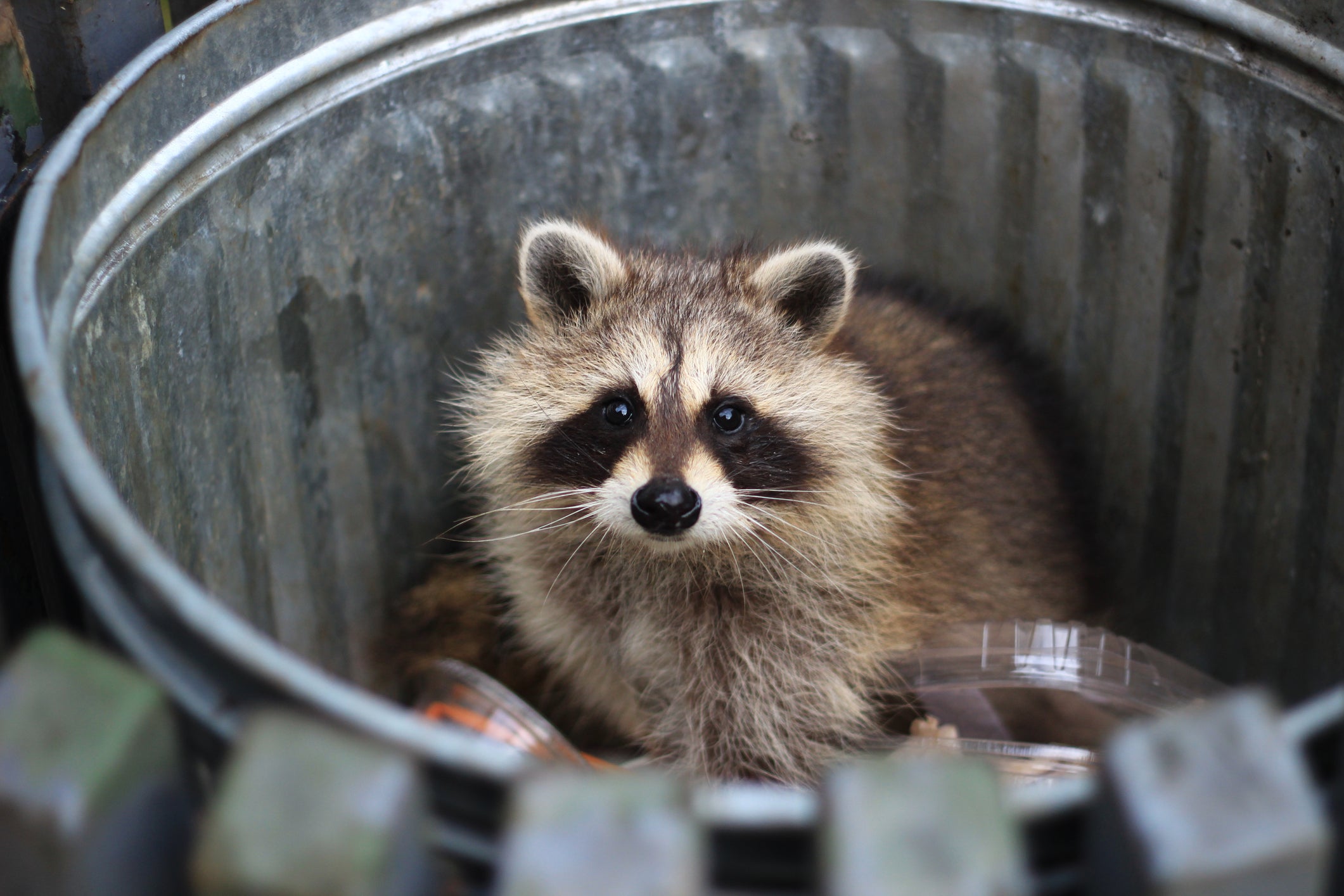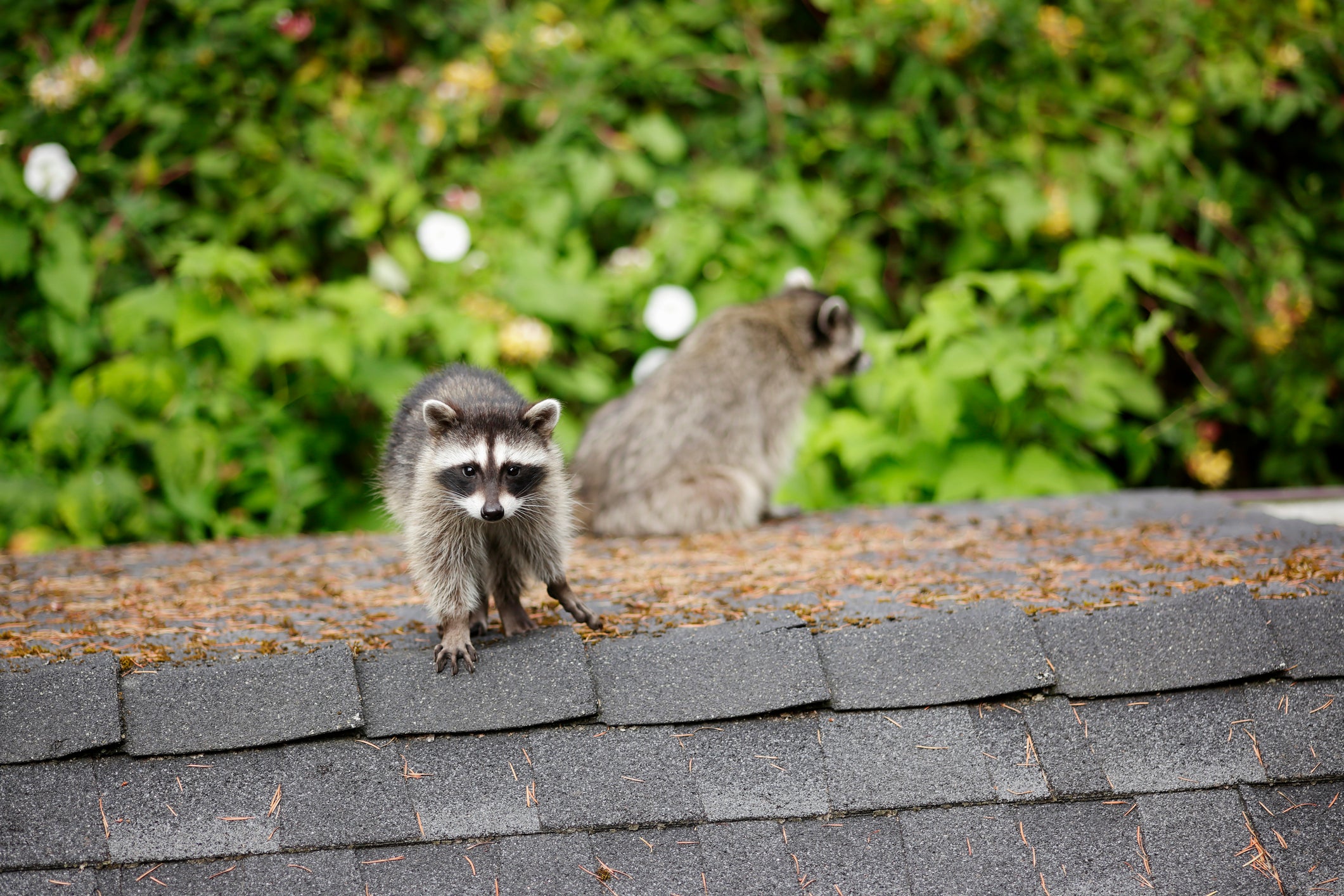Rare ‘raccoon roundworm’ brain-infecting parasite found in two LA residents
Los Angeles County Department of Public Health announced that two human cases of Baylisascaris procyonis – a parasite that can infect the brain, spinal cord, and eyes – had been found in the South Bay area

Your support helps us to tell the story
From reproductive rights to climate change to Big Tech, The Independent is on the ground when the story is developing. Whether it's investigating the financials of Elon Musk's pro-Trump PAC or producing our latest documentary, 'The A Word', which shines a light on the American women fighting for reproductive rights, we know how important it is to parse out the facts from the messaging.
At such a critical moment in US history, we need reporters on the ground. Your donation allows us to keep sending journalists to speak to both sides of the story.
The Independent is trusted by Americans across the entire political spectrum. And unlike many other quality news outlets, we choose not to lock Americans out of our reporting and analysis with paywalls. We believe quality journalism should be available to everyone, paid for by those who can afford it.
Your support makes all the difference.Two people in Los Angeles have been infected with a rare parasitic infection known as “racoon roundworm”, according to health officials.
The Los Angeles County Department of Public Health announced on Tuesday that two human cases of Baylisascaris procyonis – a parasite that can infect the brain, spinal cord, and eyes – had been found in the South Bay area.
No details have been revealed about the individuals, such as their ages, genders or current health conditions.
LA County Health Officer Dr Muntu Davis urged the public to take precautions to prevent the spread of disease.
He said: “Our health is closely linked to the health of animals around us. Simple precautions, like washing your hands regularly, avoiding direct contact with wild animals and their waste… can help keep our neighborhoods and families safe and healthy.”
The agency warned that children, the elderly, pregnant people, those with weakened immune systems, and people suffering from pica – an eating disorder in which someone eats non-food substances – are at most risk of serious infection, because these groups “are more likely to put contaminated fingers, soil, objects, or even animal feces into their mouths by mistake.”
Racoon roundworm lives in the intestines of raccoons. While raccoons themselves will not fall sick, their feces can carry the roundworms’ eggs.
Humans can then become infected if they consume dirt or soil, water, or any material contaminated with infected raccoon feces, according to the health department.

It is a zoonotic disease – spread from animals to people – and cannot be transmitted from person to person.
Though rare, dogs and cats are susceptible to infection too, if they ingest raccoon feces or contaminated materials.
While health officials said the risk to public health is “low” and “rare,” the agency said the discovery of cases is concerning because of the large number of raccoons living in close proximity to people.
In humans, the parasite can lead to swelling of the brain, eyes, and subsequent blindness, according to the journal Emerging Infectious Diseases.
After being infected, symptoms can take up to a week or so to develop and people will experience: nausea, tiredness, liver enlargement, loss of coordination, lack of awareness, loss of muscle control, blindness, and even go into a coma, the Centers for Disease Control and Prevention said.
The public is advised to wash their hands, have an awareness of zoonotic diseases, avoid insect bites and scratches, avoid wildlife contamination, handle food carefully, remove animal waste, not touch dead wildlife, cover sandboxes and keep pets healthy.
Join our commenting forum
Join thought-provoking conversations, follow other Independent readers and see their replies
Comments